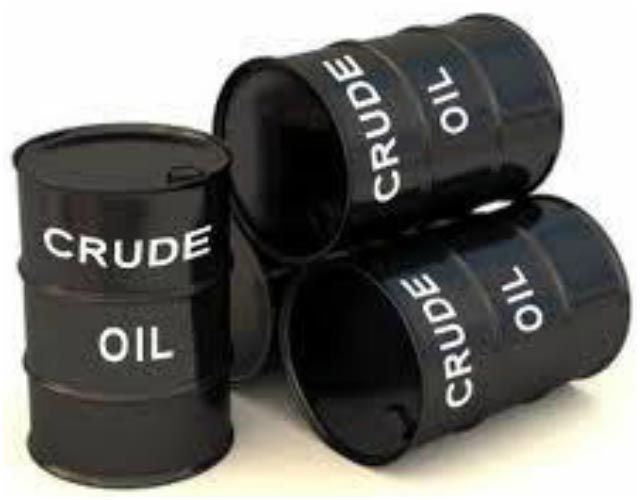New oil train safety rules, which are being promulgated in the wake of the oil train derailment and fire in Lynchburg, Virginia (VA), do not apply to trains that carry less than one million gallons of crude oil.
A federal order issued last week on rail safety stated that oil carriers must tell state emergency response commissions the routes where they will transport a minimum of one million gallons of crude oil from the Bakken region of North Dakota. For trains carrying that much crude, they also must estimate how many of the trains will travel each week through each county.

The new rule does not help with a mixed train. That is, if the train has some oil on it under one million gallons, as well as other hazardous materials.
Every state has a safety commission, which was part of the 1986 Emergency Planning and Community Right-To-Know Act. It mandates federal, state and local emergency planning on how hazardous chemicals are transported and stored.
A major crude oil disaster in Quebec last summer left 47 people dead, and since then, crude oil trains have derailed and caught fire in Virginia, North Dakota, Alabama and also in Canada in Alberta and New Brunswick.
The recent federal order still does not answer many questions about railroad wrecks that deal with other hazardous materials. Who will provide the equipment and manpower to clean up such incidents? It appears that since this is not addressed by the feds, much of the burden will remain with state, county and local officials on the scene of the accident.
Trains carrying well under one million gallons of crude still can have problems: In March a train carrying 400,000 gallons of crude in Maine derailed and spilled oil in a river.
Lawmakers and safety advocates in several states are pushing the Department of Transportation to set stricter standards for the transportation of crude oil on trains of all sizes. But that will likely take years to come to pass.